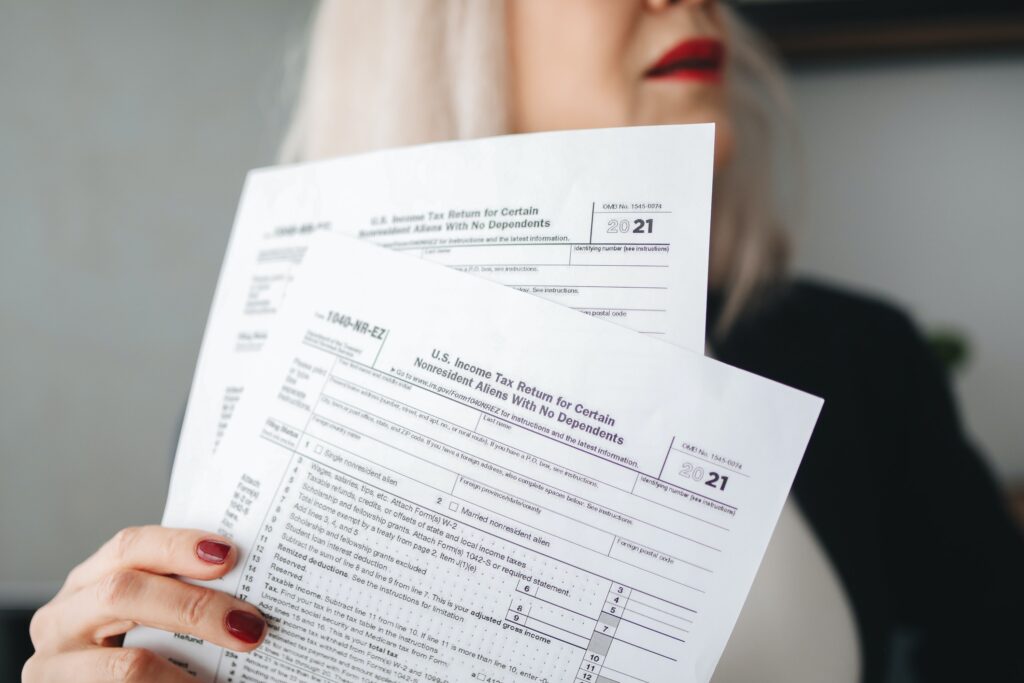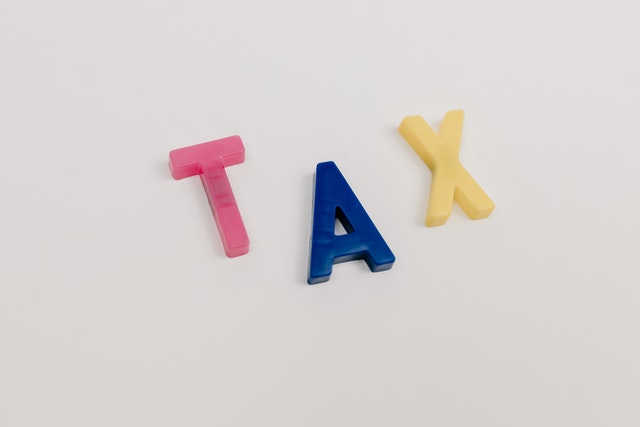Managing and issuing 1099s can be a confusing process at first. Below we will break it down for you so you can walk away confidently knowing whether or not you need to issue 1099s.
The 1099 form is used to report very specialized forms of income from sources that are non-employment related and may not be reported anywhere else. This form is required by law for businesses, nonprofit organizations, and landlords to issue these forms when they have paid someone, that is not an employee, at least $600 for a service. This $600 may include rent, prizes and awards, machines, equipment, land, or other forms of income payment. Other forms of income payments may include commission, fees, annuities, royalties, or interest. You must issue a 1099 to doctors, attorneys, and other professionals that provided a service for you, so long as their use is not for personal reasons.
You are only required to send a 1099 for payments to corporations if they are for legal activities, health care, or medical. If the payment is less than $600, you are not required to issue a 1099. In addition, payments that are exempt include payments for merchandise, telephone, freight, and storage. For example, if the payment comes in this form to a non-employee, you do not have to issue a 1099 form. Other people that do not require to be issued a 1099 include landscapers, house painters, babysitter’s, etc.

When issuing a 1099 form, you must issue them by January 31st of the following year in order for it to be properly accounted for. It is recommended that all disbursements made from January 1st through December 31st are reviewed. These payments should be summarized for all of the services whose accumulated total is $600 or more to individuals that are not employees. An important tip to remember is that when you are dealing with Limited Liability Companies (LLC), even if they are taxed like a corporation, you still must issue a 1099 to that Limited Liability Company.
Adhering to the January 31st deadline is critical. If you fail to issue a required 1099, you may face penalties by the IRS. For businesses, the penalty for failing to report on time may be up to $250 per form for up to a maximum of $1.5 million. We recommend keeping careful track of the issuance of 1099 forms to ensure everything is properly documented.
Overall, a good rule of thumb to decide whether or not to issue a 1099 is to first assess if the service is $600 or over, if it is, then make sure they are not an employee. If they are not an employee, then you will most likely need to issue them a 1099 form. If they do not meet these requirements, then you are not required to issue a 1099 form.
Did you know Profit Meadow will provide a FREE review of your books? Schedule your review here.

